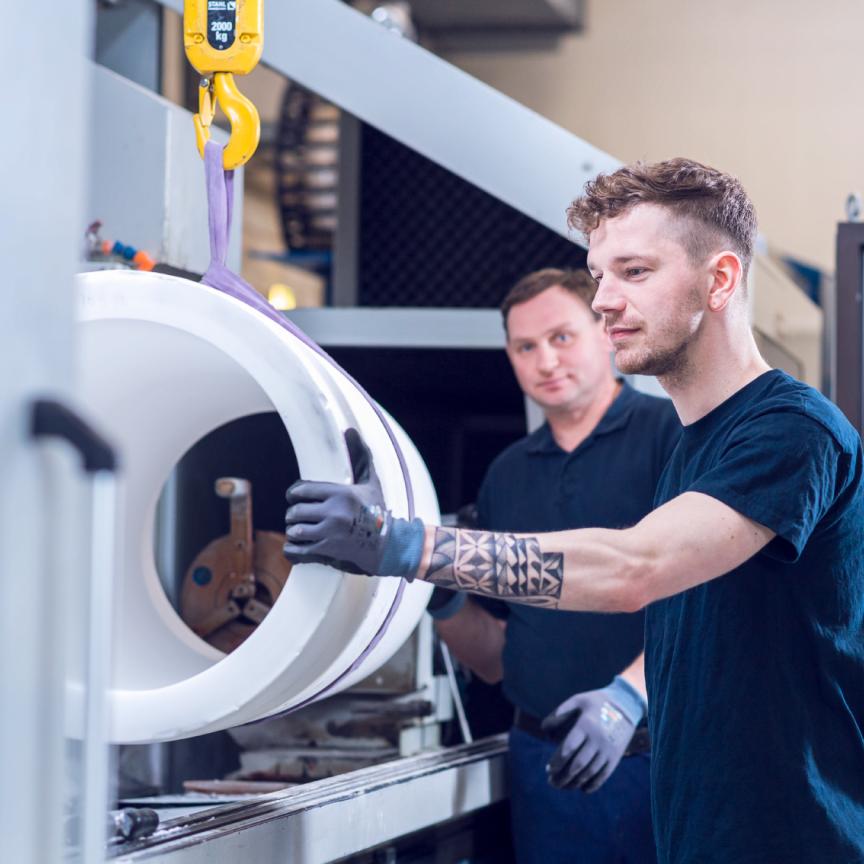The renowned physicist and founder of Edinburgh Instruments (EI), Professor Desmond Smith OBE FRS FRSE, has been presented with The Royal Society of Edinburgh's Royal Medal by HRH The Duke of Edinburgh, recognising his outstanding endeavour in the field of photonics and opto-electronics over five decades.
Educated in Bristol and Reading Universities, Professor Smith invented the 'selective chopper radiometer'. This instrument was the key to enabling the joint effort at Reading and Oxford and led to the UK's first satellite experiment on global temperature structure of the atmosphere. The success of this project inspired 40 years of meteorological research at Oxford University. Derivatives can now be found on many of NASA's planetary probes.
In 1970, Professor Smith came to Scotland to set up the new Department of Physics at Heriot-Watt University, Edinburgh. Having recognised from an early stage the importance of developing research into commercial products, he founded Edinburgh Instruments in 1971, the first spin-off company from Heriot-Watt University.
Today, Professor Smith remains chairman and chief scientific officer of the company he founded, which has contributed over £100m to the UK economy.
Over the years, Edinburgh Instruments has continually evolved by diversifying and developing new, innovative products. The company is located in a purpose built facility just outside the Scottish capital, where it employs over 60 people. It is involved in the development, manufacture and sale of a wide range of products for the scientific research and industrial markets - including lasers, fluorescence spectrometers supplied by its Photonics Division and gas detection and monitoring products supplied by its Sensors Division.
Commenting on his award, Professor Smith said: 'Five decades ago, the notion of combining scientific research with commercial aspiration seemed far-fetched. These were early days of adapting applications in semiconductors and for example EI's miniature gas sensors had to await the emergence of integrated circuits – thus taking more than 12 years to reach profitability. Via physics research I have also been instrumental in setting up Scotland's optoelectronics industry, notably as the first chairman of the Scottish Optoelectronics Association. This Royal Medal award may be personal, but many people have contributed to help us reach this milestone.'
The Royal Society of Edinburgh's Royal Medal was instituted by the HRH The Queen to mark the Millennium and recognise outstanding achievement in all intellectual fields. Previous recipients have included Nobel Laureates Sir James Black and Sir James Mirrlees, as well as the distinguished Scottish historian Professor Tom Devine, and theoretical physicist Professor Peter Higgs.


